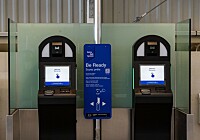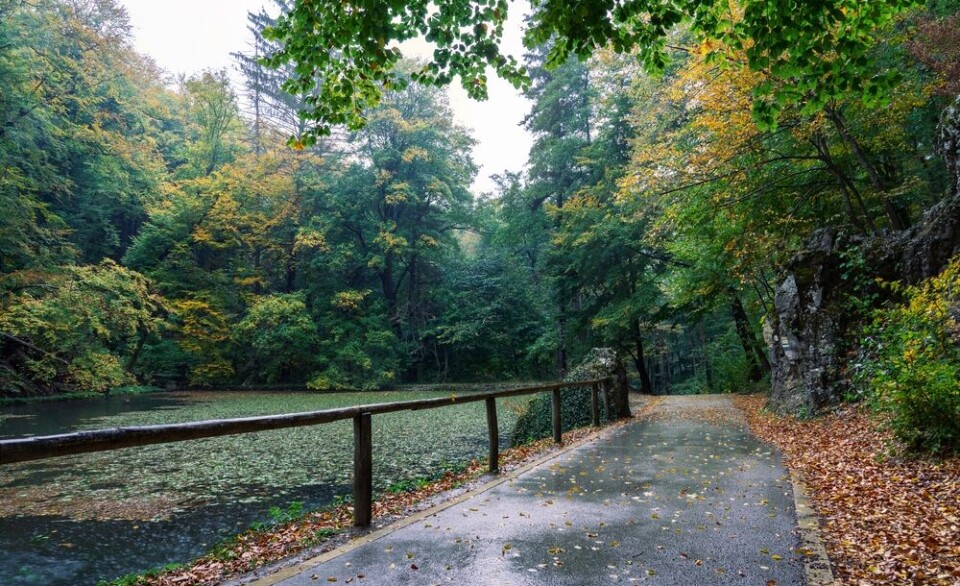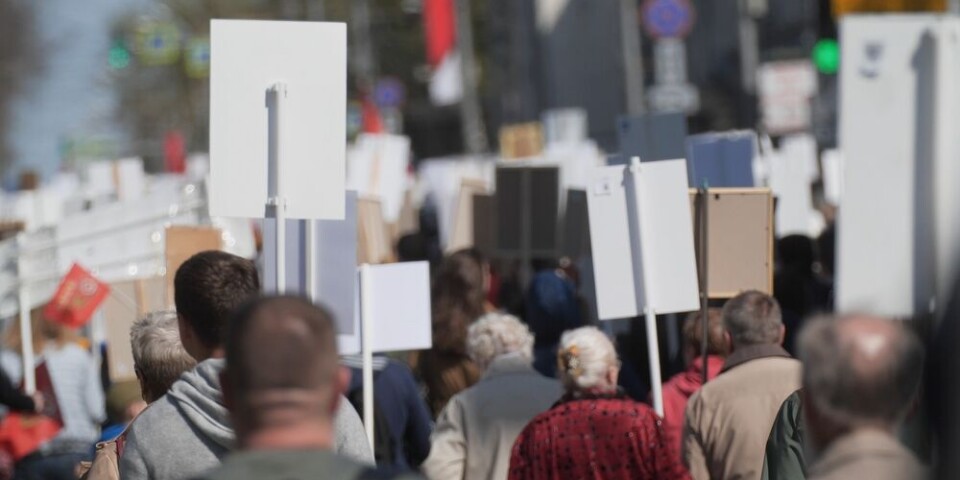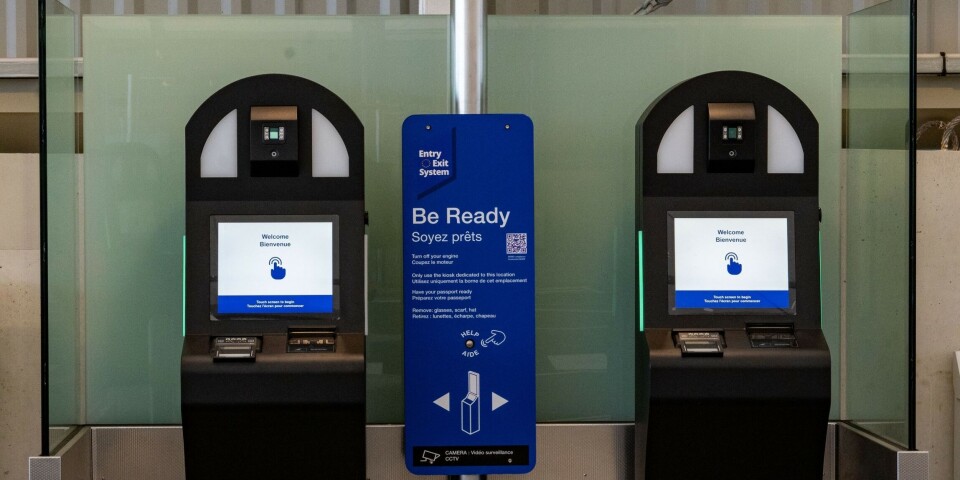Homeowner in France must remove security camera as it records public road
Any cameras pointing towards a public space are an invasion of privacy, court rules
There are circumstances in which others can request that cameras be removed
Just Jus/Shutterstock
Surveillance cameras installed in homes that cover public or semi-public areas such as roads or other people’s driveways may be more difficult to install, following a landmark ruling by France’s highest judicial court.
The court of cassation (cour de cassation) ruled that cameras filming public areas without the explicit approval of all who may use these areas are in violation of France’s Civil Code, and members of the public can request they are removed.
It follows a case of a homeowner in French Polynesia who installed a video surveillance camera on his property.
The camera was pointing in the direction of a semi-private service road (chemin de servitude) which he and four other neighbours used. It was positioned in such a way that it recorded part of the road.
The neighbours asked the local courts to have the camera removed – arguing that it constituted an invasion of privacy – but their demand was rejected by the Polynesian Court of Appeals on the basis the positioning on the camera “did not constitute a concrete invasion of privacy.”
They took the request to France’s highest judicial court, which overturned the original ruling requiring the removal of the camera.
Any camera is an ‘invasion of privacy’
The cour de cassation took a different view of the matter to the Polynesian Court.
“By ruling in this way, even though it had noted that the camera made it possible to capture the image of people using the road, the Court of Appeal... violated article 9 of the Civil Code,” it said.
This article states that everyone has the right to privacy in France.
“The mere fact of filming a space used by third parties is sufficient to constitute an unlawful infringement {of this article] without it being necessary to demonstrate any abusive or malicious use of the images,” the court said.
Its full ruling can be found here.
“In other words, the mere recording of images of people on a shared path constitutes a violation of their privacy, even if it is a shared or open space,” said legal group Adonis on the ruling.
This reinforces previous rules over privacy rights and cameras in private homes.
‘Landmark ruling’
The ruling has major legal ramifications in France – decisions by the cour de cassation are used as the groundwork for future decisions by courts at the local level, meaning they are now likely to follow the same approach.
Instalments of any cameras that have the ability to film a shared space – whether a road, pathway, garden, etc – “without the express consent of the users [would now] constitute an invasion of privacy,” says Adonis.
“Such an installation may be deemed unlawful even if the images are not broadcast or if there is no evidence of harm,” it adds.
In turn, anyone putting up surveillance cameras to protect their homes should ensure the cameras only film their personal property, and not any shared space.
Read more: Are video doorbells legal in France?






























